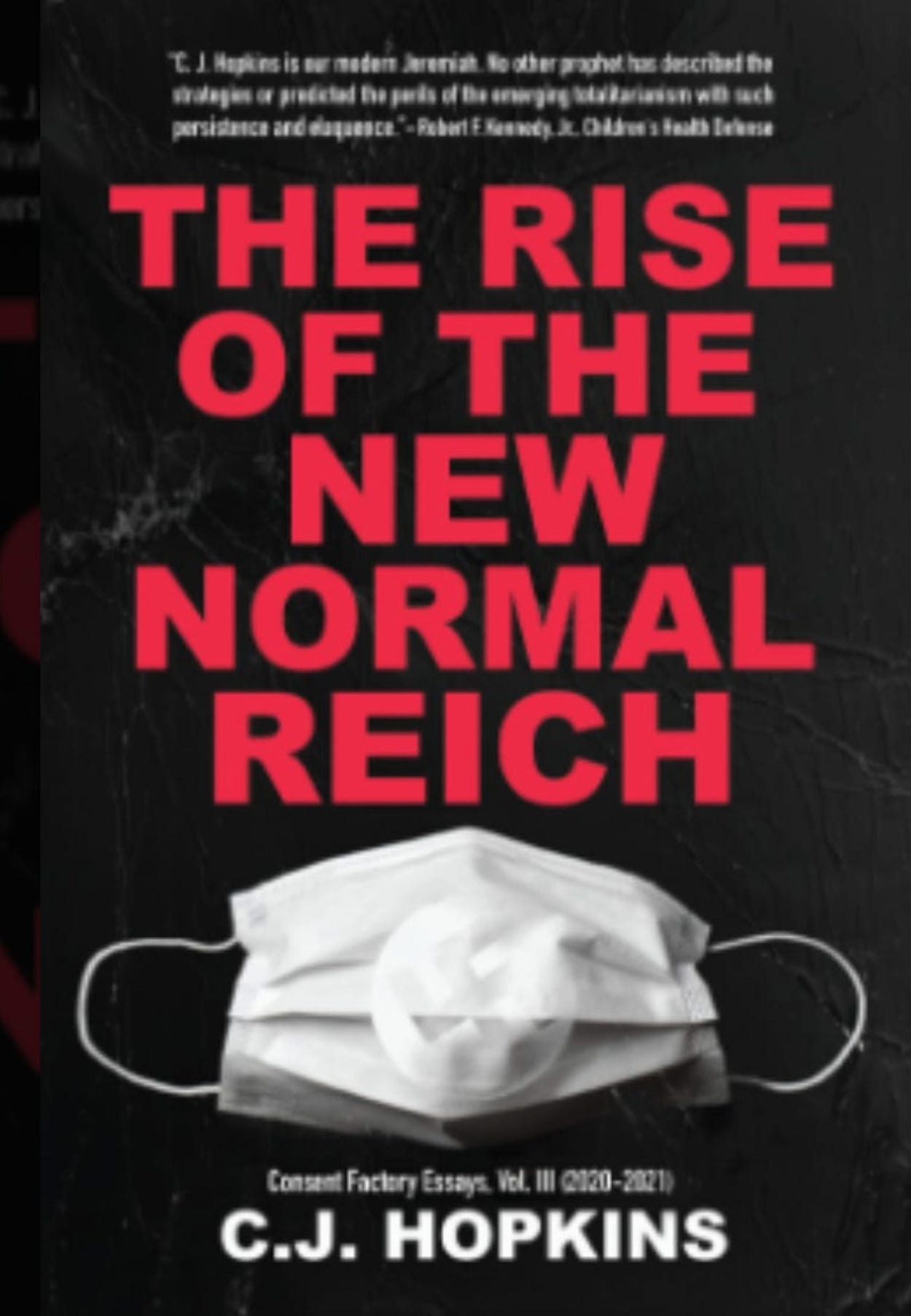theindependent | A far-right candidate for Missouri’s Secretary of State posted an ad filmed on the iconic Speaker’s balcony in the US House of Representatives, where campaign and political activities are banned.
Valentina Gomez posted the video on Tuesday afternoon, which was filmed on the iconic balcony looking over Washington, DC connected to Speaker Mike Johnson’s office in the US House of Representatives.
“I am at the Speaker’s Balcony, and they don’t like me here, and neither in Jefferson City. But I don’t give a f***,” Gomez said in the video. “I speak the truth, catch pedophiles, and I will be Missouri’s 41st Secretary of State.”
However, there are a few exceptions to this rule. For example, a representative’s scheduler may coordinate with a campaign scheduler. A representative’s press secretary may also “answer occasional questions on political matters.”
The Independent has contacted Johnson for comment.
When reached for comment, Gomez told The Independent she wants critics to “stop the hypocrisy” and re-affirmed her support for Donald Trump and his running mate, Senator JD Vance.
“For all of those crying about a 15 second video. Be upset about the 20 million illegals the Biden-Harris Administration allowed into the United States that are raping and killing American women, or the billions sent to Ukraine’s useless war where brave men and women in uniform are being killed, or the J6’rs that are being persecuted and prosecuted, or the grandmas jailed for praying outside of an abortion clinic,” Gomez wrote.
There is no evidence to support the claim that 20 million undocumented immigrants have committed violent crimes. Peer-reviewed studies also indicate that undocumented immigrants are less likely than people born in America to commit violent, drug and property crimes.
In addition, Gomez’s claim that “grandmas” were “jailed” for “praying outside of an abortion clinic” appears to be a reference to the arrest of 75-year-old Paulette Harlow, who was convicted of federal civil rights offenses after she participated in a blockade of an abortion clinic. Her case has been widely misrepresented online, the Associated Press reports, with many falsely claiming she was arrested for praying.
This isn’t the first time Gomez has come under fire for a campaign video.
Last month, Gomez posted a video calling Juneteenth, the national holiday that commemorates the end of slavery in the US following the Civil War, the “most rachet” of holidays.
“Reparations from slavery and Black victimization is about to be shoved down our throats for the most ratchet holiday in America,” she said.


